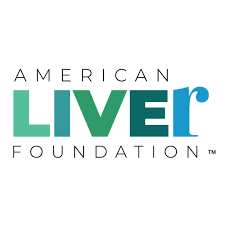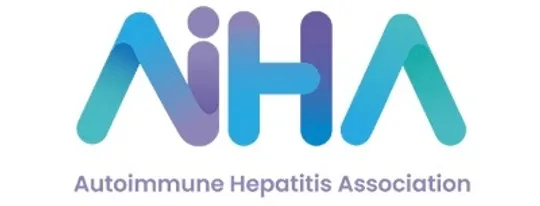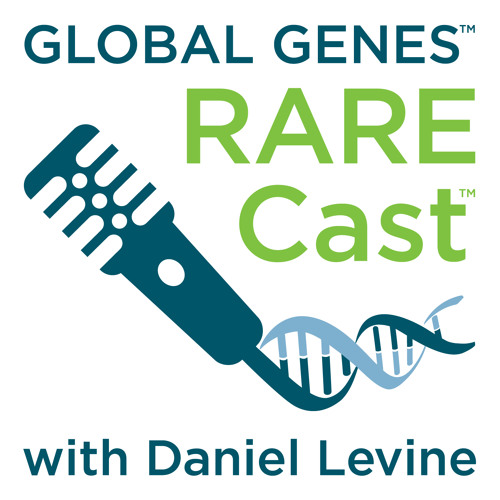
Autoimmune hepatitis (AIH) is a rare autoimmune disease where the immune system attacks the liver, causing inflammation that can lead to scarring or liver damage over time.


Fatigue

Abdominal pain

Joint pain

Jaundice (yellowing of skin and eyes)

Loss of appetite
%20urine.png)
Dark (tea colored) urine

Itching

Dry eyes, mouth and nose
There are two main types of AIH, based on the antibodies found in blood tests:
Diagnosing AIH often requires multiple steps, since its symptoms can look like other liver diseases. The process may include:
Blood tests (to check liver enzymes and autoantibodies)
Imaging tests (such as ultrasound or MRI)
A liver biopsy (to confirm inflammation and damage)
Because AIH is rare, diagnosis may take time and often involves a specialist such as a hepatologist.
Treatment for Autoimmune Hepatitis (AIH) aims to reduce liver inflammation, slow disease progression, and prevent long-term damage.
Common approaches may include:
Corticosteroids (such as prednisone) to decrease liver inflammation
Immunosuppressants (such as azathioprine) to help control immune system activity
Alternative medicines (such as mycophenolate mofetil) for those who cannot tolerate standard therapy
Regular monitoring of liver enzymes and immune markers to guide long-term care


If autoimmune hepatitis is not diagnosed or treated early, ongoing inflammation can lead to serious liver damage over time. Potential complications include fibrosis (scarring of the liver), cirrhosis, liver failure, and an increased risk of liver cancer. Some people may also develop related autoimmune conditions affecting other organs, such as the thyroid or joints.
.
Find an online community of fellow patients, caregivers, and advocates below as
as well as some other general resources!









